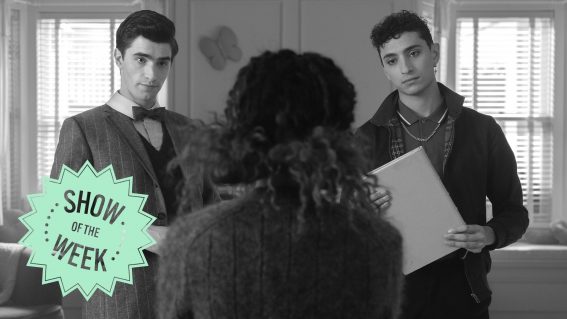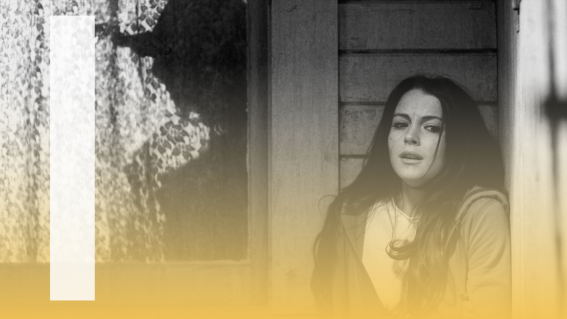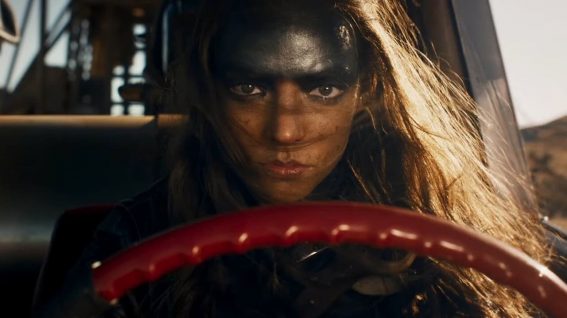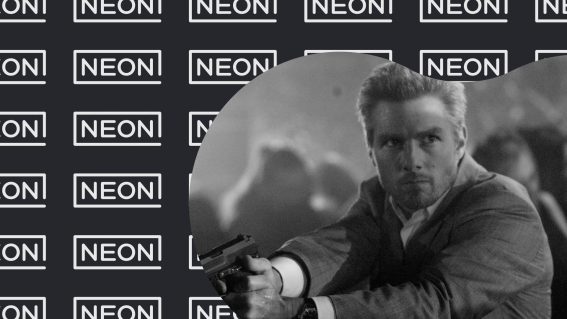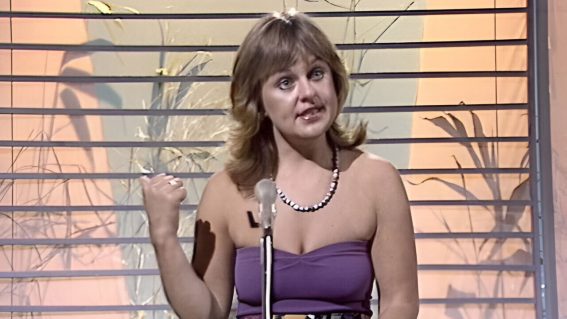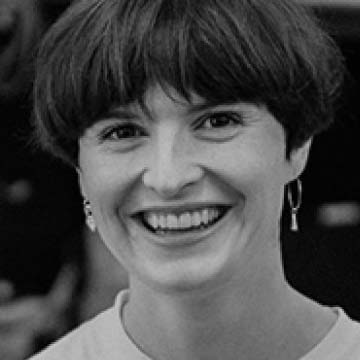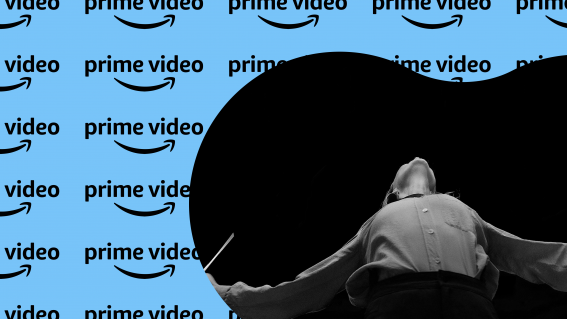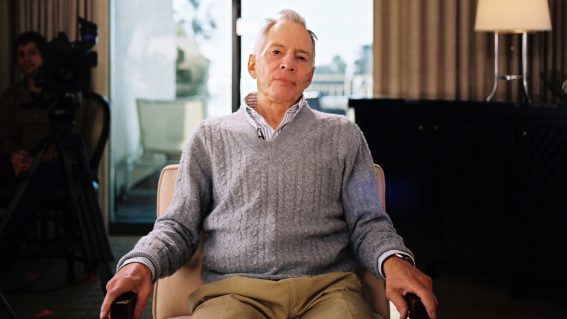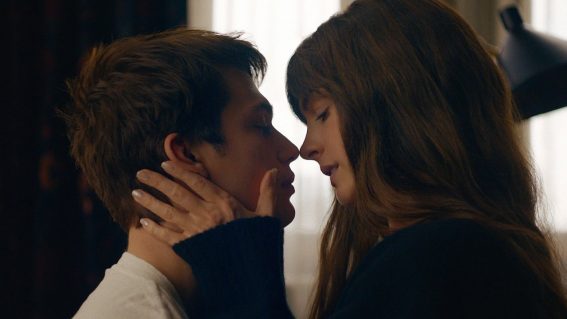Ka Pō director on their film confronting Indigenous meth addiction
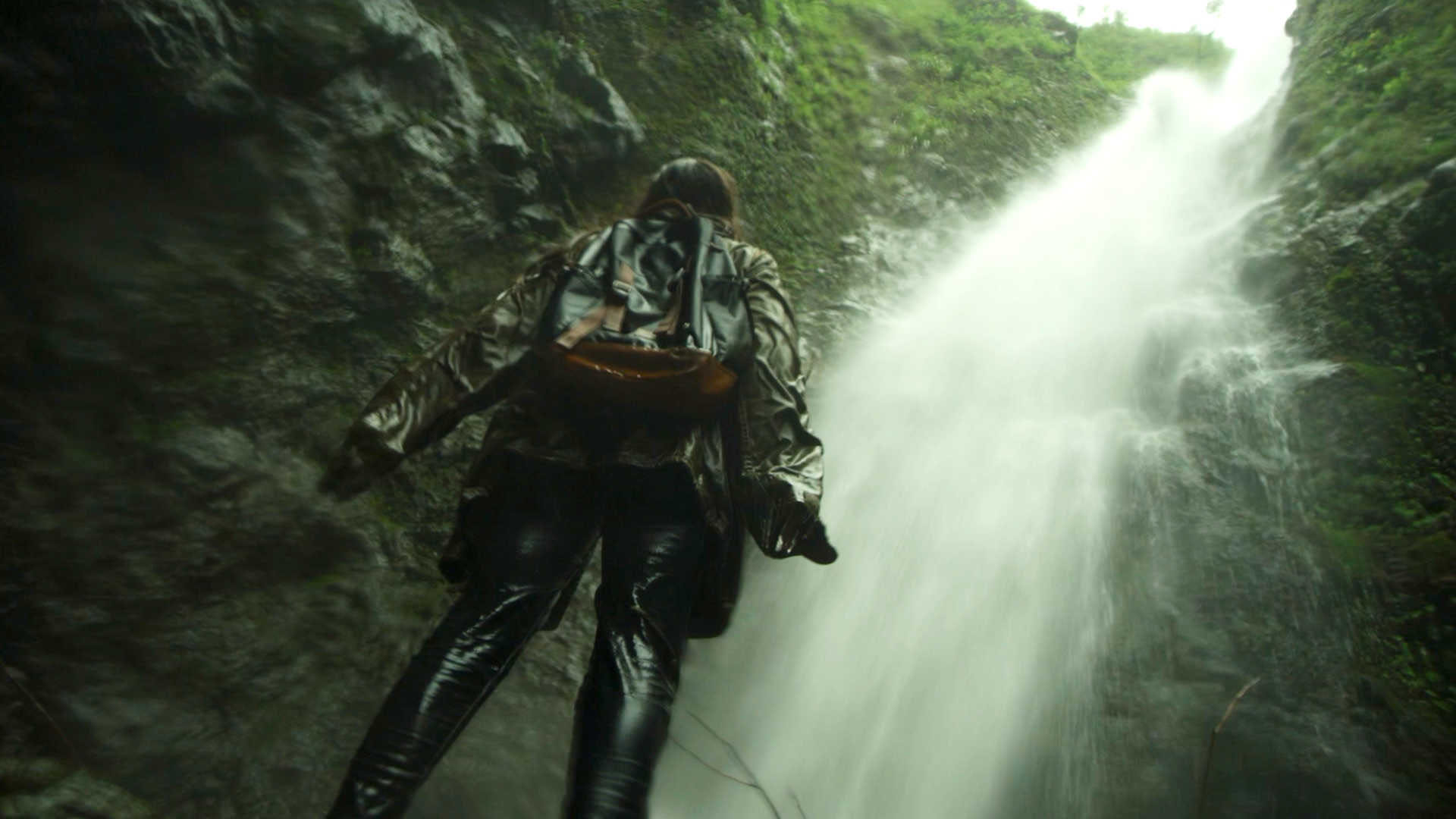
A Polynesian woman processes the aftermath of an abusive relationship and confronts methamphetamine addiction in meditative drama Ka Pō, produced by Chelsea Winstanley. As part of our Whānau Mārama: New Zealand International Film Festival Q&As we hear from Ka Pō director Etienne Aurelius.
Describe your film in EXACTLY eight words.
[Flicks didn’t get an answer to this, unfortunately]
Any feature is a challenge, let alone your debut (especially when grappling with these themes). How do you feel about your film now that it has screened to audiences?
I feel we accomplished the mission that we set out to complete. The film delivers a beautiful message in the sense that everyone has a voice inside of their minds that tends to influence them to do things that may not be in their best interest. Recognising that voice and presence is a part of you, and will always be a part of you, and therefore confronting that part about yourself is the only way to create self-control and power to make the right and most beneficial choices in your life.
What was your intention in presenting a version of Hawaii seldom seen onscreen?
My purpose is to showcase to the world the Hawaii that you see on the screen. It was motivated by one thing, the truth. So often Hawaii is perceived to be a tropical paradise where problems don’t seem to exist. But we face the same problems just like everywhere else in the world. The only difference is sometimes we may not have the proper help and the luxury of alternatives to address the situation that other places may have. Shining a light on this part of Hawaii may garner the respect so many natives deserve when visitors come to our beautiful islands.
Methamphetamine can be a devastating addiction – are there specific impacts that you see on Indigenous people?
The impact of methamphetamine that I have seen in Hawaii is catastrophic for the indigenous people. You can drive anywhere on any island and see the effects of methamphetamine in the indigenous communities everywhere you look. People on the side of the roads rolling cart tires down the road, people screaming at the air and no one’s there. Families are torn apart and children taken by Child Protective Service is an everyday thing in the indigenous communities due to methamphetamine addictions. The harder life gets the more addiction spreads like a virus. I hope to shine a light on this issue so rehabs can be placed in every single indigenous community as a place that welcomes them and provides help instead of embarrassing those who seek help.
What did you discover in making your film?
I was looking for the ability I knew I had deep down inside to complete a feature film in a completely different way of filmmaking, that stripped us of all the luxuries that come with a unionised film. No trailers, no crafty (no food services) no one to hold your hand through the process. If I failed I would’ve lost everything and that fear is what motivated me to gain everything and the ability to create a feature film with just a group of friends and fulfill a dream. I have developed a formula that not only worked on this movie but has worked on the completion of my second feature film Pe’ahi. I’m still perfecting this formula but it gets easier and easier every time and I can’t wait to inspire a new generation of filmmakers to go out and just create.
During production, what was the biggest hurdle you had to overcome?
Learning how to take care of and be a leader for both my actors and crew as we lived in the same house together and did everything together. I had to make sure everyone was happy and comfortable so I didn’t lose anyone during the process. At the end of the day we pulled it off and I have God to thank for that.
For you, what was the most memorable part of this whole experience?
The most memorable part of the entire experience is the scene where Mainei is standing at the waterfall. In that scene it was just Mainei, my best friend Joey Kohene who portrays a police officer in the movie, and I. The waterfall was the last scene of the movie that we had to film and we waited weeks for a heavy rain to happen. When the rain came Mainei and Joey, being childhood friends of mine, knew what we had to do to finish this movie. We buckled up our gear and finished this movie together under the most beautiful waterfall I had witnessed in my life! Amongst flash flood warnings, and with the love, protection and care of each other, we traversed together into the eye of the storm and came out with the beauty of the end of our movie and production!
What was the last great film you saw?
Last great film I saw will always be my favorite movie and that is Gladiator.

